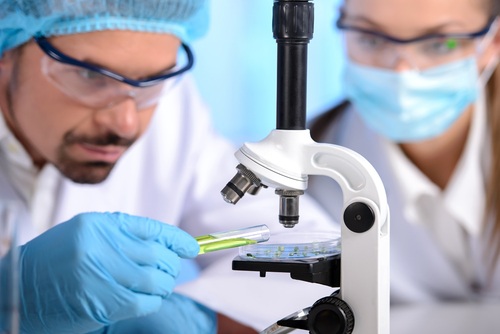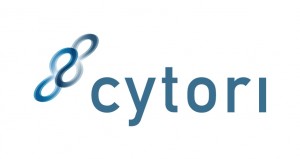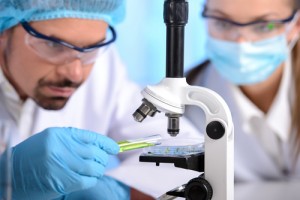FDA Grants Conditional Approval For Cytori’s Scleroderma Therapy Trial
Written by |

 Cytori Therapeutics, Inc., a company developing autologous ADRCs-based cell therapies for the treatment of several conditions, including scleroderma, has been granted conditional approval by the U.S. Food and Drug Administration (FDA), for an Investigational Device Exemption (IDE) for their investigational scleroderma therapy. The pivotal trial, dubbed “STAR,” aims to evaluate the potential of Cytori Cell Therapy, in order to offer a treatment for the rare and autoimmune disease that affects about 50,000 people in the United States alone.
Cytori Therapeutics, Inc., a company developing autologous ADRCs-based cell therapies for the treatment of several conditions, including scleroderma, has been granted conditional approval by the U.S. Food and Drug Administration (FDA), for an Investigational Device Exemption (IDE) for their investigational scleroderma therapy. The pivotal trial, dubbed “STAR,” aims to evaluate the potential of Cytori Cell Therapy, in order to offer a treatment for the rare and autoimmune disease that affects about 50,000 people in the United States alone.
The conditional approval from the FDA is another step into the development of Cytori Cell Therapy and its Celution System processing technology, which is regulated as a Class III medical device by the organization. In order to be approved for commercialization, the company now needs to present successful results of the pivotal trial and receive premarket authorization (PMA).
The STAR study has been conditionally approved and is being conducted as a randomized, double blind, placebo-controlled pivotal clinical trial. It includes 80 patients in up to 12 national study sites suffering from scleroderma who are particularly affected in the hands and fingers. The study has been launched to assess both safety and efficacy of a single administration of Cytori Cell Therapy. The Celution System produces an autologous cell product from adipose tissue known as adipose-derived regenerative cells (ADRCs™).
The trial is focused on scleroderma patients with affectations in the hands and fingers because more than 90 percent of the patients suffering from the disease are affected in the hands, leading to chronic pain, blood flow malfunction, and other severe dysfunctions. The researchers believe that given the limited treatments currently available for the treatment of scleroderma, Cytori Cell Therapy may offer a beneficial alternative.
 “Hand problems from scleroderma result in substantial distress, pain and impaired quality of life. We need more effective therapeutic options for our patients. I was impressed by the single center French study with Celution processed adipose-derived regenerative cells in patients with scleroderma hand disability, and although it is limited by a small number of patients, it provides the data to support the larger, well-designed, randomized, controlled trial that we will be conducting,” explained the principal investigator of the STAR trial, Dinesh Khanna, who also serves as director of the University of Michigan Scleroderma Program.
“Hand problems from scleroderma result in substantial distress, pain and impaired quality of life. We need more effective therapeutic options for our patients. I was impressed by the single center French study with Celution processed adipose-derived regenerative cells in patients with scleroderma hand disability, and although it is limited by a small number of patients, it provides the data to support the larger, well-designed, randomized, controlled trial that we will be conducting,” explained the principal investigator of the STAR trial, Dinesh Khanna, who also serves as director of the University of Michigan Scleroderma Program.
The research team is going to use the Cochin hand score, a validated measure of hand function, as primary endpoint for the study at six months after a single administration of either Cytori Cell Therapy or placebo. The participants who are administrated with placebo will in addition be eligible for crossover to the active arm of the trial after all patients have completed 12 months of follow up.
“The STAR trial is a direct result of our new strategy to focus on identifying innovative, later stage therapeutic applications and moving the most promising into the clinic. We are hopeful that this trial will show data consistent with the efficacy signal observed in the recently published trial,” said the president and CEO of Cytori, Marc Hedrick. “Additionally, the rare nature of scleroderma-associated hand involvement represents a potential straightforward and targeted path to market and reimbursement following the pivotal clinical trial.”
Cytori, who has also announced that more detailed information on the trial will be revealed after the finalization of the agreement with the FDA, is going to host a meeting during the J.P. Morgan Healthcare Conference, which will take place between January 12 and 15 in San Francisco. In addition, the patient enrollment for the trial is planned for the beginning of next year.





